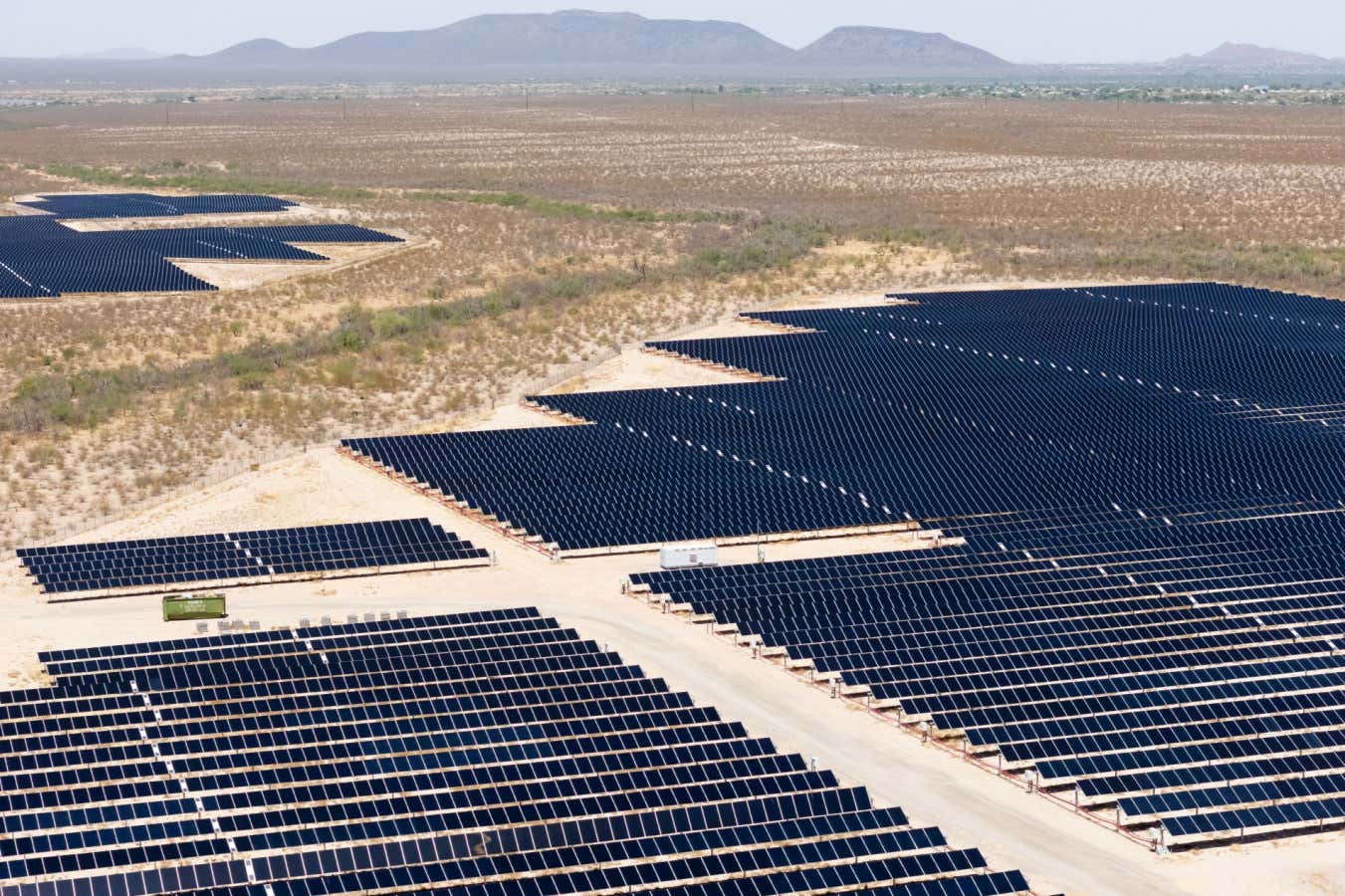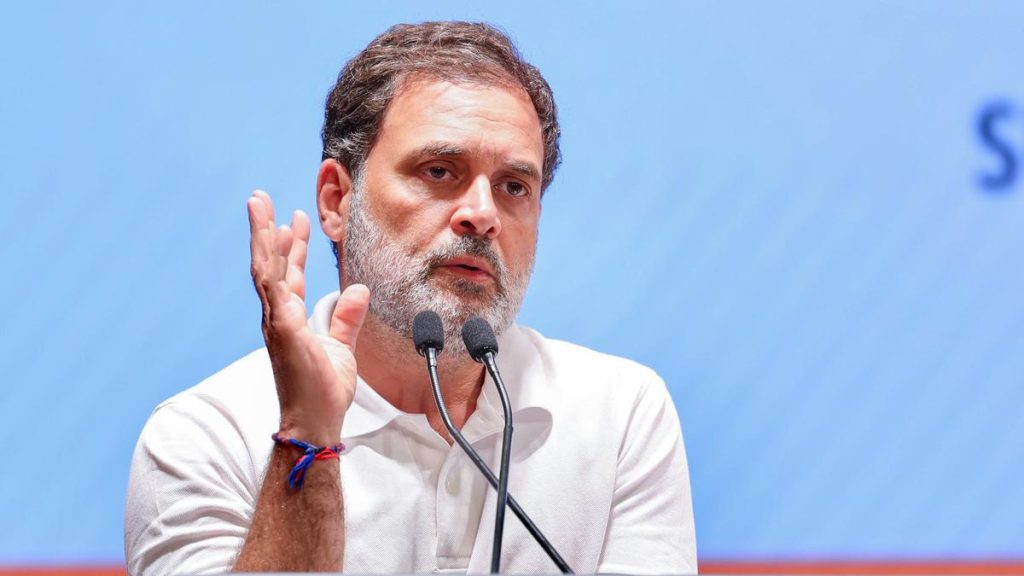Now Reading: Assessing the Climate Impact of Trump’s Energy Bill
-
01
Assessing the Climate Impact of Trump’s Energy Bill
Assessing the Climate Impact of Trump’s Energy Bill

Quick Summary:
- Legislation Passed: The “One Big Beautiful Bill Act,” signed by President Trump, includes $4.5 trillion in tax cuts and $350 billion for immigration enforcement and military spending.
- Cuts to Clean Energy: Funding cuts affect tax credits for renewable energy, electric vehicles, energy efficiency upgrades, and clean energy-related R&D programs established under the Inflation Reduction Act.
- Impact on US Emissions: Researchers estimate slower declines in US greenhouse gas emissions:
– CO2 reduction by 2030 expected at 20% (was projected at 25% under prior policies).
– By 2035,emissions decline expected at only 25%,compared to a projected drop of up to 44%.
– A disparity of billions of tonnes in emissions trajectory relative to Paris Agreement goals.
- Remaining credits: Tax credits remain for nuclear power, hydropower, geothermal energy until 2033 and other tech like low-emission hydrogen production (until 2028) and carbon capture.
- Environmental Advocacy Concerns:
– Criticism over halting progress on clean energy advancement in the US.
– Possible negative impacts on domestic manufacturing jobs related to renewable energy sources.
Image Included:
!Solar panels
indian Opinion Analysis:
The passage of the “one Big Beautiful Bill Act” signals a shift in US policy priorities that could have broader global implications for climate change mitigation efforts. Wiht reduced support for clean-energy initiatives, the policy may weaken international momentum toward achieving emission targets outlined in agreements like the Paris Accord.India-a developing economy focusing heavily on renewable energy-is highly likely watching this shift closely as it balances its own climate ambitions with economic growth.
For India specifically:
- The decision highlights potential opportunities around expanded investment partnerships with countries still committed to green transitions while navigating challenges posed by larger emitters walking back pledges.
- Continued focus should remain inward-bolstering self-reliance via innovations across solar and wind technologies-as such moves from global leaders could impact market dynamics or availability of international funding/support mechanisms.
The bill’s emphasis on speculative technologies such as carbon capture aligns partially with India’s interest but underscores caution around reliance without verified scalability or cost-efficiency outcomes globally yet emerging new accelerators fit future goals possibility Read More

























